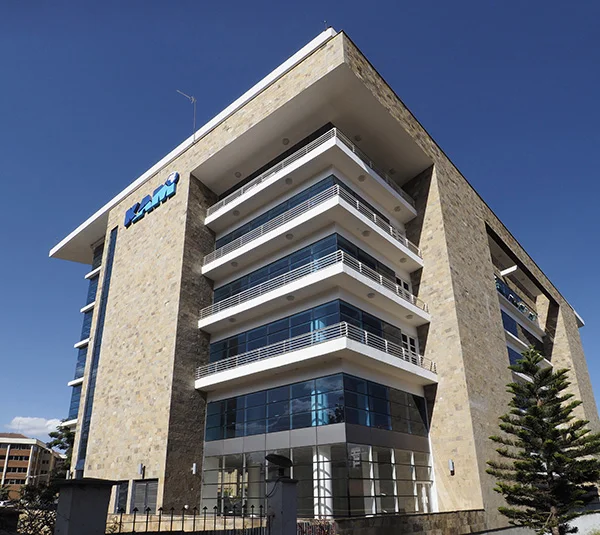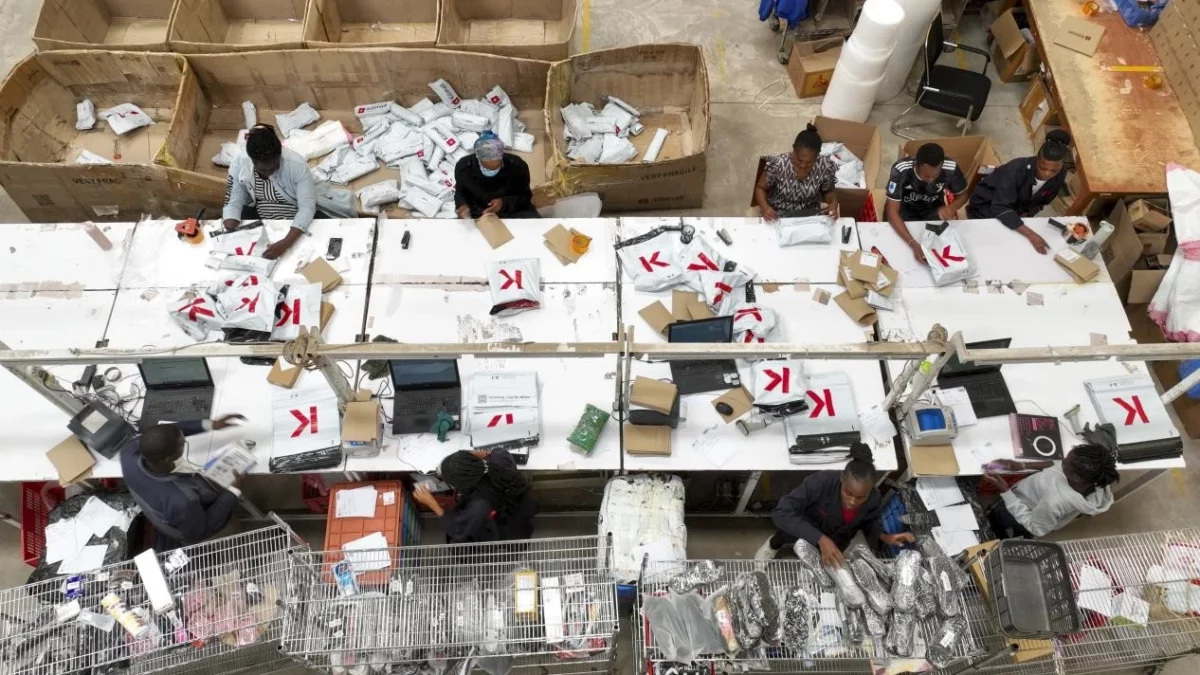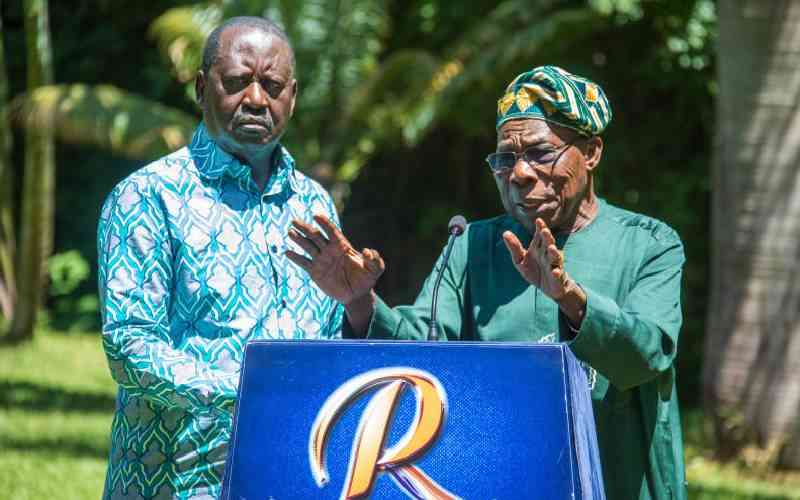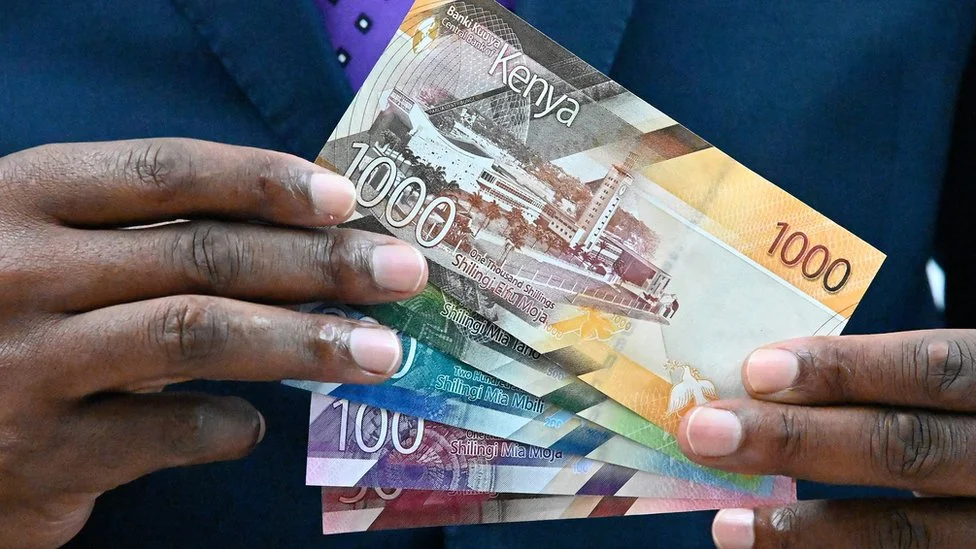The Kenyan government’s move to introduce an Export Development and Promotion Levy (EIPL) on imported goods, potentially leading to decreased trade with East African Community (EAC) partners, has faced opposition from various groups including the Kenya Association of Manufacturers (KAM), the Federation of Kenya Employers, and tax consulting firms.
Under the new law, the EIPL for all items brought into the country for local use has risen from 10% to 17.50% of the customs value. However, products from EAC member states that follow specific origin rules are exempt from this levy.
The Kenya Association of Manufacturers expressed their concern through a statement, saying, “The Finance Act has introduced a 10 percent export levy while the rest of East Africa has a zero percent rate. This will immediately lead to trade being diverted to neighboring countries. It will also encourage investment in COMESA nations.”

KAM further highlighted in a presentation to the National Assembly’s Finance and National Planning Committee that despite Tanzania’s efforts to become a regional trade hub, Uganda and Tanzania have become Kenya’s primary import partners.
Kenya’s imports from Tanzania have seen a significant surge in recent years, going from Ksh18 billion ($126 million) in 2018 to Ksh54 billion ($378 million) in 2022. KAM expressed concern that without careful consideration, Kenya could become overly reliant on imports and lose its regional trade position.
Read Also: Court of Appeal Lifts Suspension on Controversial Finance Act 2023
While KAM acknowledges that some measures in the law aim to boost specific manufacturing sectors, they argue that the EIPL negatively affects industries like cement, paper, steel, and metal production.
Unlike neighboring countries, Kenya has introduced import taxes on steel and other manufactured goods, even though these sectors are zero-rated elsewhere. For example, galvanized iron wire is now subject to a 10% duty in Kenya, while being tax-free in other EAC countries.
KAM maintains that even though the Common External Tariff (CET) rate is 25%, a regional duty remission currently maintains a zero percent rate. With the introduction of the new levy on certain products, KAM believes trade will shift in favor of Tanzania and Uganda. They suggest that the tax should have been applied to finished products rather than raw materials.
Subscribe to our YouTube channel Switch TV
Kenya’s implementation of the Finance Act 2023 has sparked debates and worries, particularly regarding the new levy on imports and changes in trade dynamics. While some aspects of the law aim to promote domestic manufacturing, concerns remain about its impact on trade relationships and the overall economy.




























